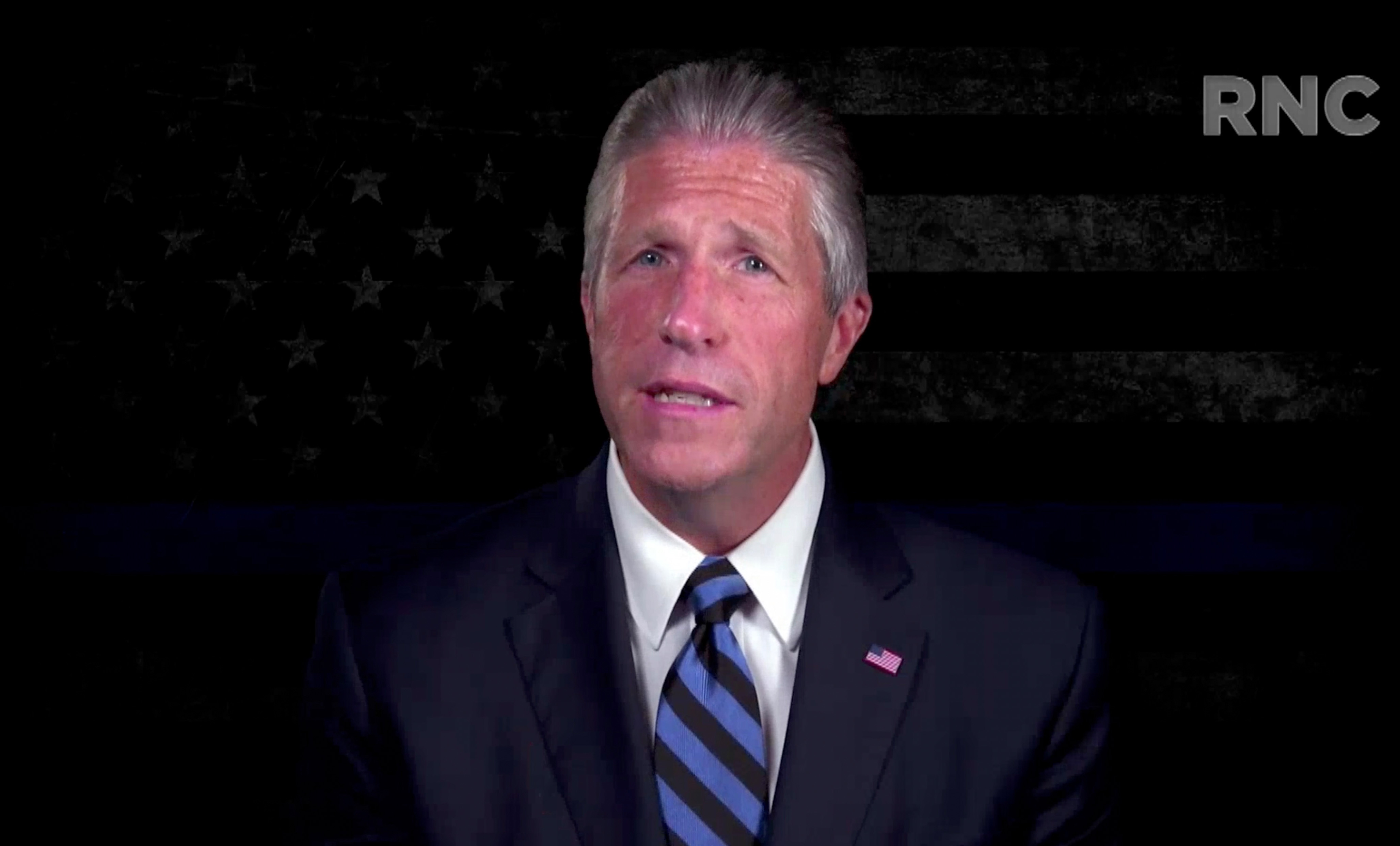The RNC's crime panic is an indictment of the Trump presidency


A free daily email with the biggest news stories of the day – and the best features from TheWeek.com
You are now subscribed
Your newsletter sign-up was successful
On the fourth night of the Republican National Convention, crime got a great deal of attention. Former New York Mayor Rudy Giuliani accused the current Democratic leadership of that city of turning it into a bloody dystopian hellscape. "Don't let Democrats do to America what they've done to New York," he said, warning against the "progressive Democrat approach to crime, which is to do nothing substantive to reduce it." Patrick Lynch, head of the New York Police Benevolent Association, endorsed Trump because of a looming "public safety disaster."
This is hysterical fearmongering. First, as Jon Hilsenrath writes at the Wall Street Journal, in 2020 murders are up quite a lot in some cities like Austin and Chicago, but only moderately in Los Angeles and Charlotte, and were actually down in San Jose. Overall crimes are down compared to last year, and even murder victims are still far below where they were 20-30 years ago. Indeed, this year the rate of homicides in New York is considerably less than it was in the last year of Giuliani's mayoralty.
Second, as Michael Hobbes writes at the HuffPost, data suggests that murders are up in part because people are now reluctant to call the police, thanks to how wider coverage of police brutality has harmed the reputation of law enforcement. People are less likely to help solve murders if they are rightly terrified that any contact with police might lead to a beating or getting shot.
The Week
Escape your echo chamber. Get the facts behind the news, plus analysis from multiple perspectives.

Sign up for The Week's Free Newsletters
From our morning news briefing to a weekly Good News Newsletter, get the best of The Week delivered directly to your inbox.
From our morning news briefing to a weekly Good News Newsletter, get the best of The Week delivered directly to your inbox.
Moreover, the main factor that has changed over the last few years is the election of Donald Trump. It is true that Democrats are in charge of local government in many big cities, but they were also in charge from 2009-2016, when crime declined steadily across the country. Once more Trump's campaign argument amounts to "elect me to stop the reign of terror I am currently presiding over."
A free daily email with the biggest news stories of the day – and the best features from TheWeek.com
Ryan Cooper is a national correspondent at TheWeek.com. His work has appeared in the Washington Monthly, The New Republic, and the Washington Post.
-
 Big-time money squabbles: the conflict over California’s proposed billionaire tax
Big-time money squabbles: the conflict over California’s proposed billionaire taxTalking Points Californians worth more than $1.1 billion would pay a one-time 5% tax
-
 Did Alex Pretti’s killing open a GOP rift on guns?
Did Alex Pretti’s killing open a GOP rift on guns?Talking Points Second Amendment groups push back on the White House narrative
-
 Washington grapples with ICE’s growing footprint — and future
Washington grapples with ICE’s growing footprint — and futureTALKING POINTS The deadly provocations of federal officers in Minnesota have put ICE back in the national spotlight
-
 Trump’s Greenland ambitions push NATO to the edge
Trump’s Greenland ambitions push NATO to the edgeTalking Points The military alliance is facing its worst-ever crisis
-
 Why is Trump threatening defense firms?
Why is Trump threatening defense firms?Talking Points CEO pay and stock buybacks will be restricted
-
 The billionaires’ wealth tax: a catastrophe for California?
The billionaires’ wealth tax: a catastrophe for California?Talking Point Peter Thiel and Larry Page preparing to change state residency
-
 Trump considers giving Ukraine a security guarantee
Trump considers giving Ukraine a security guaranteeTalking Points Zelenskyy says it is a requirement for peace. Will Putin go along?
-
 Bari Weiss’ ‘60 Minutes’ scandal is about more than one report
Bari Weiss’ ‘60 Minutes’ scandal is about more than one reportIN THE SPOTLIGHT By blocking an approved segment on a controversial prison holding US deportees in El Salvador, the editor-in-chief of CBS News has become the main story



